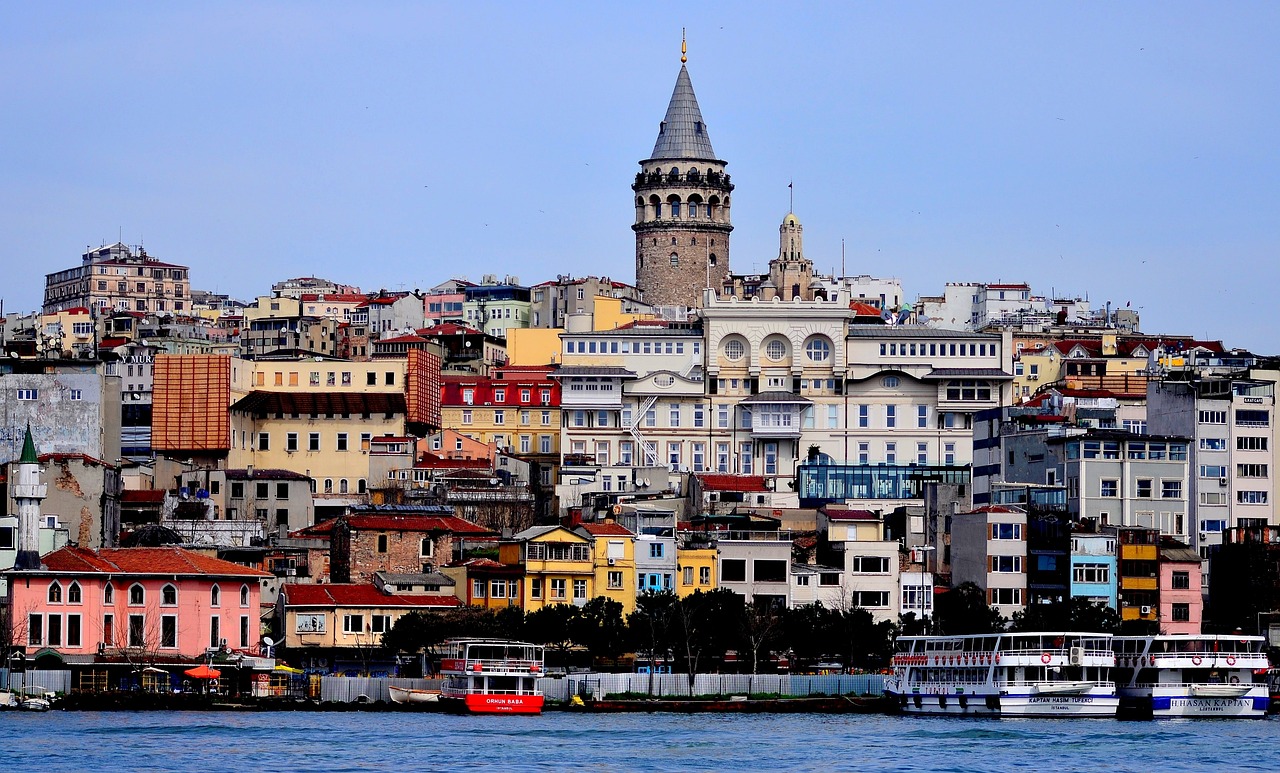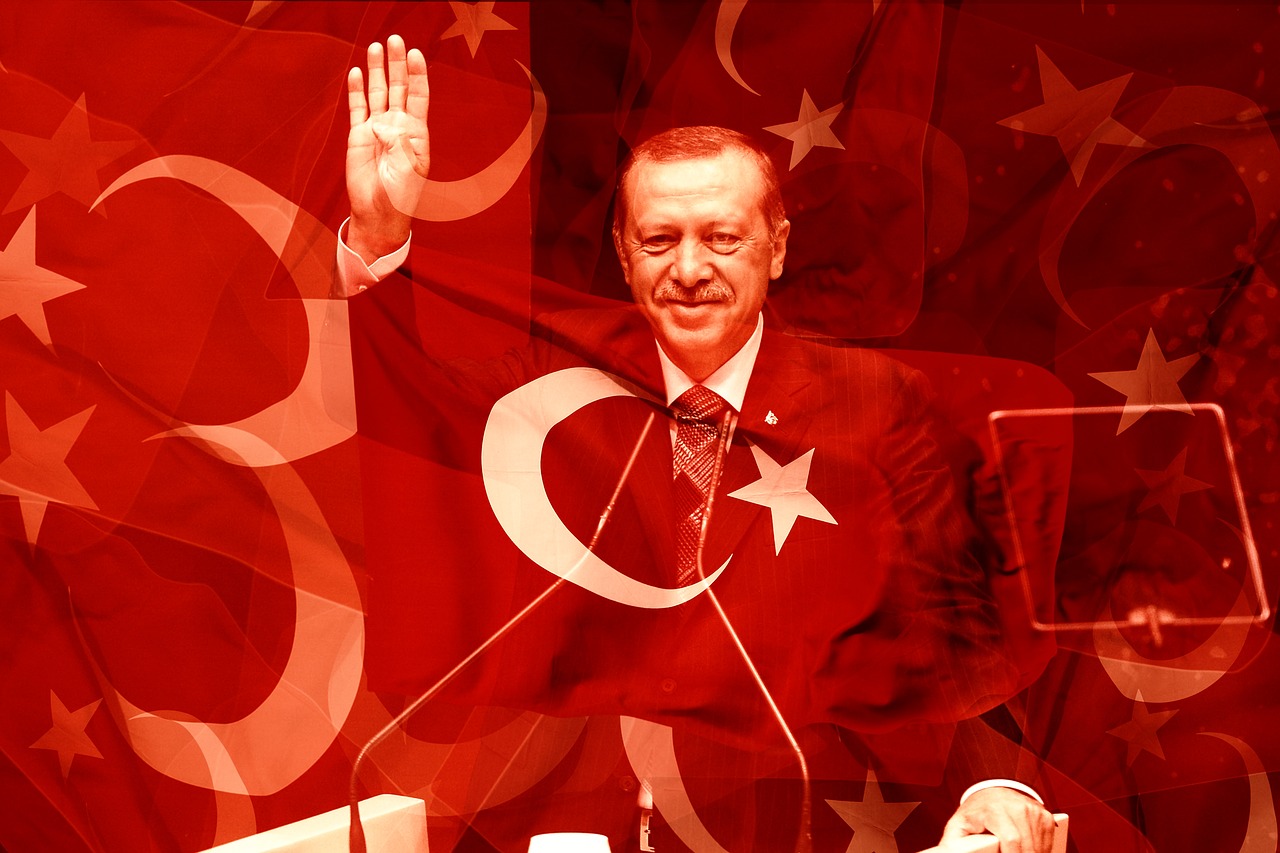Turkey Video
Language and Communication: Overcoming Barriers in Turkey
Language and communication play crucial roles in society, enabling people to connect, express their thoughts, and understand each other. In Turkey, a diverse country with a rich cultural heritage, language barriers can sometimes pose challenges. However, through various measures and initiatives, Turkey has been actively working towards overcoming these barriers and promoting effective communication among its diverse population.
Section 1: The Turkish Language
The Turkish language, also known as Türkçe, is the official language of Turkey. It is a member of the Turkic language family and is spoken by the majority of the population. Turkish is an agglutinative language, which means that words are formed by adding suffixes to a root. While Turkish is the primary language, there are also several minority languages spoken in different regions of the country.
- Dialects: Turkish dialects exist across different regions of Turkey. Some of the notable dialects include the Aegean, Black Sea, and Central Anatolian dialects. These dialects may have variations in pronunciation, vocabulary, and grammar.
- Alphabet: The Turkish alphabet is based on the Latin script and consists of 29 letters. It underwent a significant reform in 1928 when the Arabic script was replaced with the Latin script.
- Language Learning: Turkish language learning programs and courses are widely available in Turkey. These programs cater to both residents and foreigners who wish to learn Turkish for personal or professional reasons.
Section 2: Multilingualism in Turkey
Turkey is a multilingual country, and apart from Turkish, several other languages are spoken by minority communities. The Turkish government recognizes and protects the rights of these communities to use their languages in various contexts.
- Kurdish Language: Kurdish is the second most widely spoken language in Turkey. It is predominantly spoken in southeastern regions of the country. Efforts have been made to promote Kurdish language education and media representation.
- Minority Languages: Other minority languages spoken in Turkey include Arabic, Laz, Armenian, Greek, and Circassian. These languages are used among their respective communities and are often supported by cultural and educational institutions.
- Bilingual Education: Bilingual education programs are available in some regions where minority languages are spoken. These programs aim to preserve and promote minority languages while ensuring proficiency in Turkish.
Section 3: Sign Language and Accessibility
Turkey recognizes the importance of sign language and accessibility for individuals with hearing impairments. Efforts have been made to improve communication and accessibility for the deaf community.
Turkey Image 1:

- Turkish Sign Language: Turkish Sign Language (TİD) is the main sign language used in Turkey. It has its own grammar and vocabulary. Sign language interpretation services are available in various settings, including educational institutions, public events, and government offices.
- Accessibility Laws: Turkey has implemented accessibility laws, such as the Law on Disabled People, to ensure equal rights and opportunities for individuals with disabilities. These laws include provisions for sign language interpretation and accessible communication.
- Education and Awareness: Efforts are underway to raise awareness about sign language and promote inclusive education for individuals with hearing impairments. Specialized schools and educational programs cater to the needs of deaf students.
Section 4: Language Support Services
To overcome language barriers and facilitate effective communication, various language support services are available in Turkey. These services aim to assist non-Turkish speakers in accessing essential information and services.
- Translation and Interpretation Services: Professional translation and interpretation services are available in Turkey, both in person and remotely. These services help bridge the language gap in various sectors, including healthcare, legal, and tourism.
- Language Hotlines: Language hotlines provide immediate language assistance over the phone. They are particularly useful for tourists and foreigners who require assistance in their native languages.
- Language Apps and Online Resources: Mobile applications and online resources offer language learning tools, translation services, and cultural information to help individuals navigate language barriers.
Section 5: Cultural Exchange Programs
Cultural exchange programs play a vital role in promoting understanding and communication between people from different linguistic and cultural backgrounds.
- Erasmus+ Program: Turkey actively participates in the Erasmus+ program, which promotes student and staff mobility in higher education. Through this program, Turkish students have the opportunity to study abroad and experience different cultures and languages.
- Language Courses for Foreigners: Language courses for foreigners are offered by various institutions in Turkey. These courses provide opportunities for individuals to learn Turkish and immerse themselves in the local culture.
- Cultural Festivals: Turkey hosts numerous cultural festivals and events that celebrate diversity and foster intercultural dialogue. These events showcase traditional music, dance, food, and art, providing a platform for cross-cultural communication.
Section 6: Tourism and Language Services
Tourism is a significant industry in Turkey, attracting millions of visitors each year. Language services and support are essential to ensure a seamless experience for tourists.
Turkey Image 2:

- Tourist Information Centers: Tourist information centers provide assistance to visitors in multiple languages. These centers offer maps, brochures, and guidance on attractions, transportation, and accommodation.
- Language Training for Tourism Professionals: Language training programs are available for tourism professionals to enhance their communication skills and cater to the needs of international visitors.
- Translation of Tourist Materials: Tourism-related materials, such as guidebooks, menus, and signage, are often translated into multiple languages to facilitate tourists’ understanding and navigation.
Section 7: Online Language Resources
In the digital age, online language resources have become valuable tools for language learning and communication.
- Language Learning Websites: Numerous websites offer Turkish language courses and resources for learners of all levels. These platforms provide interactive lessons, exercises, and language exchange opportunities.
- Translation Apps: Translation apps, such as Google Translate and Microsoft Translator, enable real-time translation between Turkish and various other languages. These apps can be useful for quick translations and basic communication.
- Social Media Language Communities: Social media platforms host language learning communities where individuals can connect with native Turkish speakers and practice their language skills through conversations and cultural exchanges.
Section 8: Interpreting in Legal and Healthcare Settings
Accurate communication is crucial in legal and healthcare settings, where language barriers can have serious consequences. Turkey has measures in place to ensure effective interpreting services in these contexts.
- Judicial Interpreting: Certified judicial interpreters assist non-Turkish speakers in court proceedings, ensuring their understanding of legal procedures and facilitating accurate communication between parties.
- Medical Interpreting: Hospitals and healthcare institutions in Turkey provide medical interpreting services to non-Turkish speakers. These interpreters help patients understand medical instructions, communicate their symptoms, and receive appropriate care.
- Training for Interpreters: Training programs and certifications are available for individuals aspiring to become professional interpreters in legal and healthcare settings. These programs focus on language proficiency, cultural competence, and ethical standards.
Section 9: Language Preservation and Education
Turkey recognizes the importance of language preservation and education to maintain cultural diversity and heritage.
Turkey Image 3:

- Language Institutes: Language institutes and academies in Turkey offer courses to preserve and promote minority languages. These institutes play a crucial role in language documentation, research, and curriculum development.
- Language Revitalization Programs: Programs are designed to revitalize endangered languages and prevent language loss. These initiatives target communities where the language is at risk and focus on language education and cultural activities.
- Support for Indigenous Languages: Efforts are made to support and protect indigenous languages in Turkey. This includes the recognition of indigenous languages as part of the country’s cultural heritage and the provision of educational resources.
Section 10: Cross-Cultural Communication Skills
Cross-cultural communication skills are essential for effective interaction in diverse settings. Turkey promotes the development of these skills through various initiatives.
- Cultural Sensitivity Training: Training programs focus on developing cultural sensitivity and awareness. These programs equip individuals with the skills to navigate cultural differences and communicate effectively in diverse environments.
- Exchange Programs: Exchange programs, such as the Cultural Exchange Program and the Youth Exchange Program, provide opportunities for young individuals to experience different cultures, enhance their communication skills, and foster intercultural understanding.
- Intercultural Dialogue: Organizations and institutions in Turkey promote intercultural dialogue through conferences, seminars, and workshops. These platforms facilitate discussions and exchange of ideas between individuals from different cultural backgrounds.
Section 11: Overcoming Language Barriers in Tourism
Tourism is a sector where effective communication is crucial for providing quality services to visitors. Turkey has implemented measures to overcome language barriers in the tourism industry.
- Language Training for Tourism Staff: Tourism professionals receive language training to improve their communication skills and provide better assistance to international tourists.
- Translation Services: Translation services are available in tourism establishments, including hotels, restaurants, and tourist attractions. These services ensure that essential information is accessible to visitors in their preferred language.
- Multilingual Tour Guides: Multilingual tour guides cater to the needs of international tourists by providing guided tours in various languages. This enhances the visitor experience and enables better understanding of Turkey’s cultural and historical heritage.
Section 12: Conclusion
Turkey recognizes the importance of language and communication in fostering inclusivity, cultural understanding, and effective interaction. Through various initiatives, language support services, and educational programs, Turkey strives to overcome language barriers and promote communication among its diverse population. By embracing multilingualism, preserving minority languages, and providing language resources, Turkey ensures that language is not a barrier to meaningful connections and engagement.
References:
– Turkish Cultural Foundation: turkishculture.org
– Turkish Ministry of Culture and Tourism: ktb.gov.tr
– Erasmus+ Turkey: erasmusplus.org.tr
– Turkish Sign Language Association: tid.org.tr
– Turkish Statistical Institute: tuik.gov.tr
– Law on Disabled People: mevzuat.gov.tr


